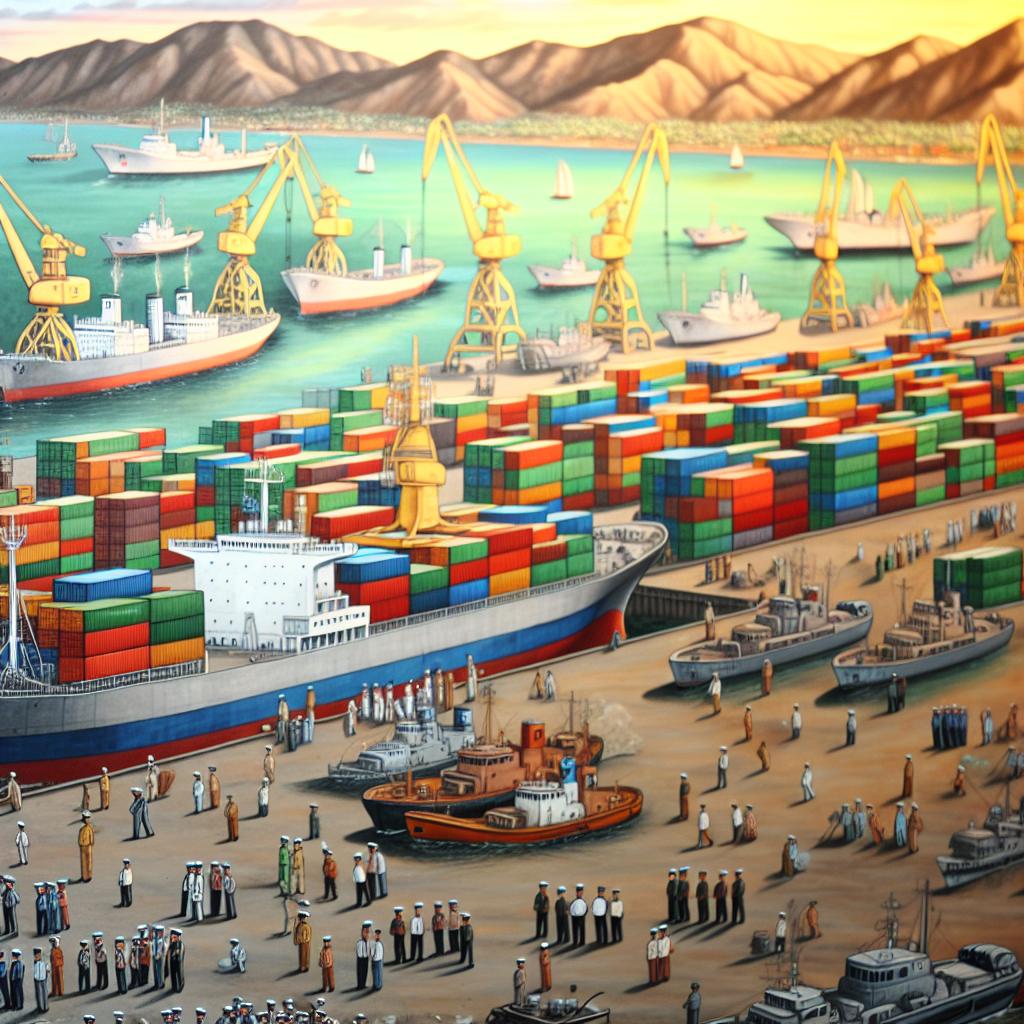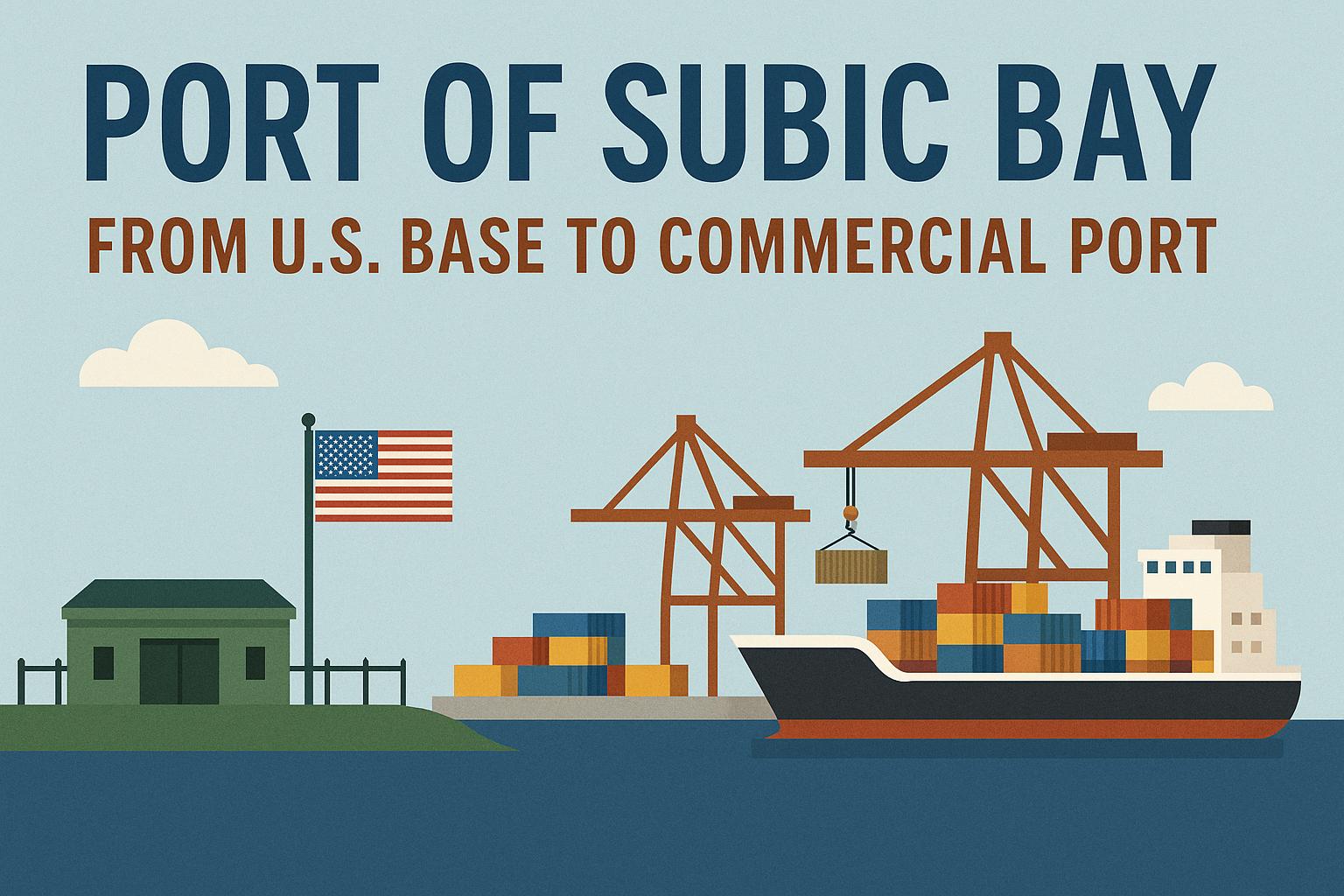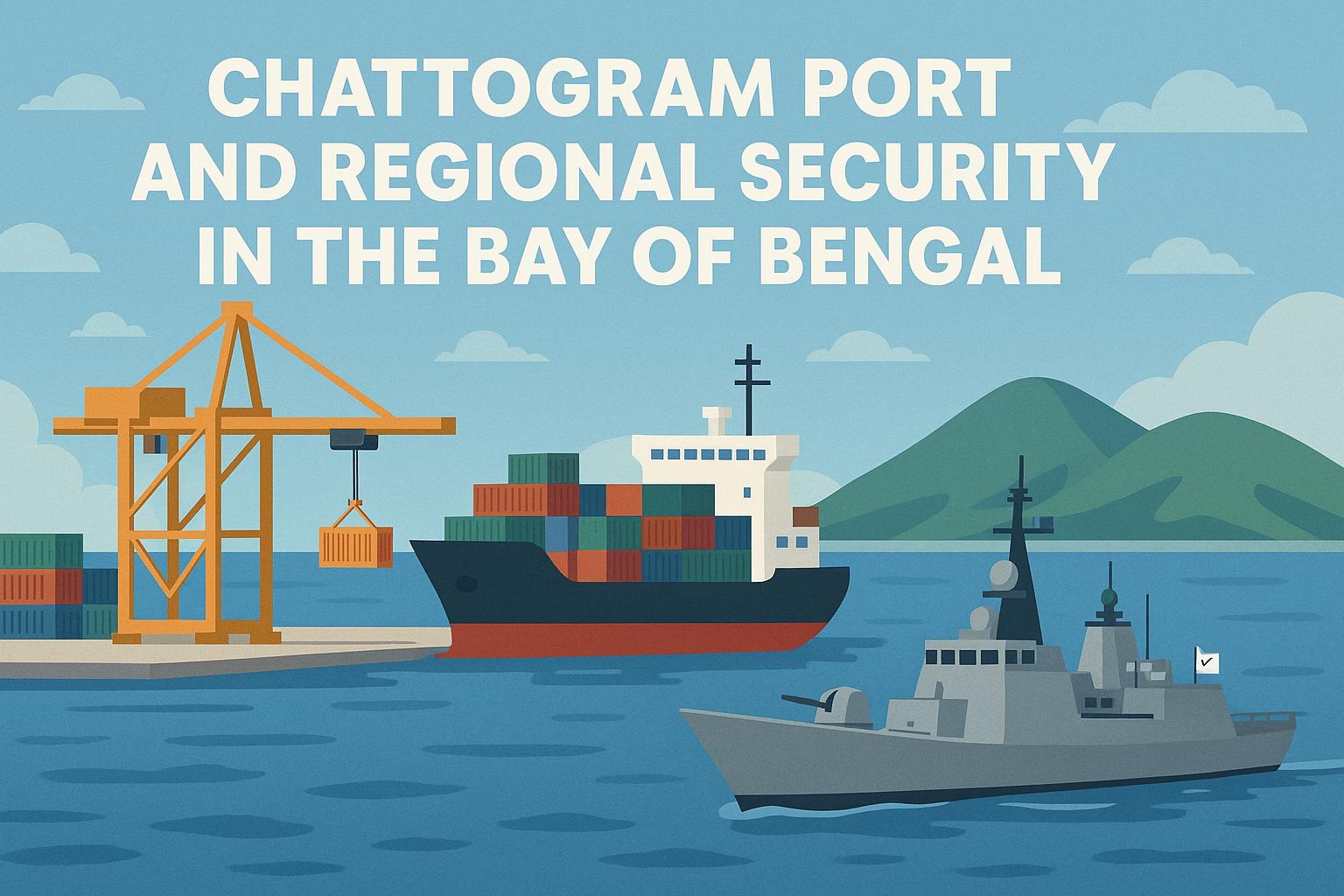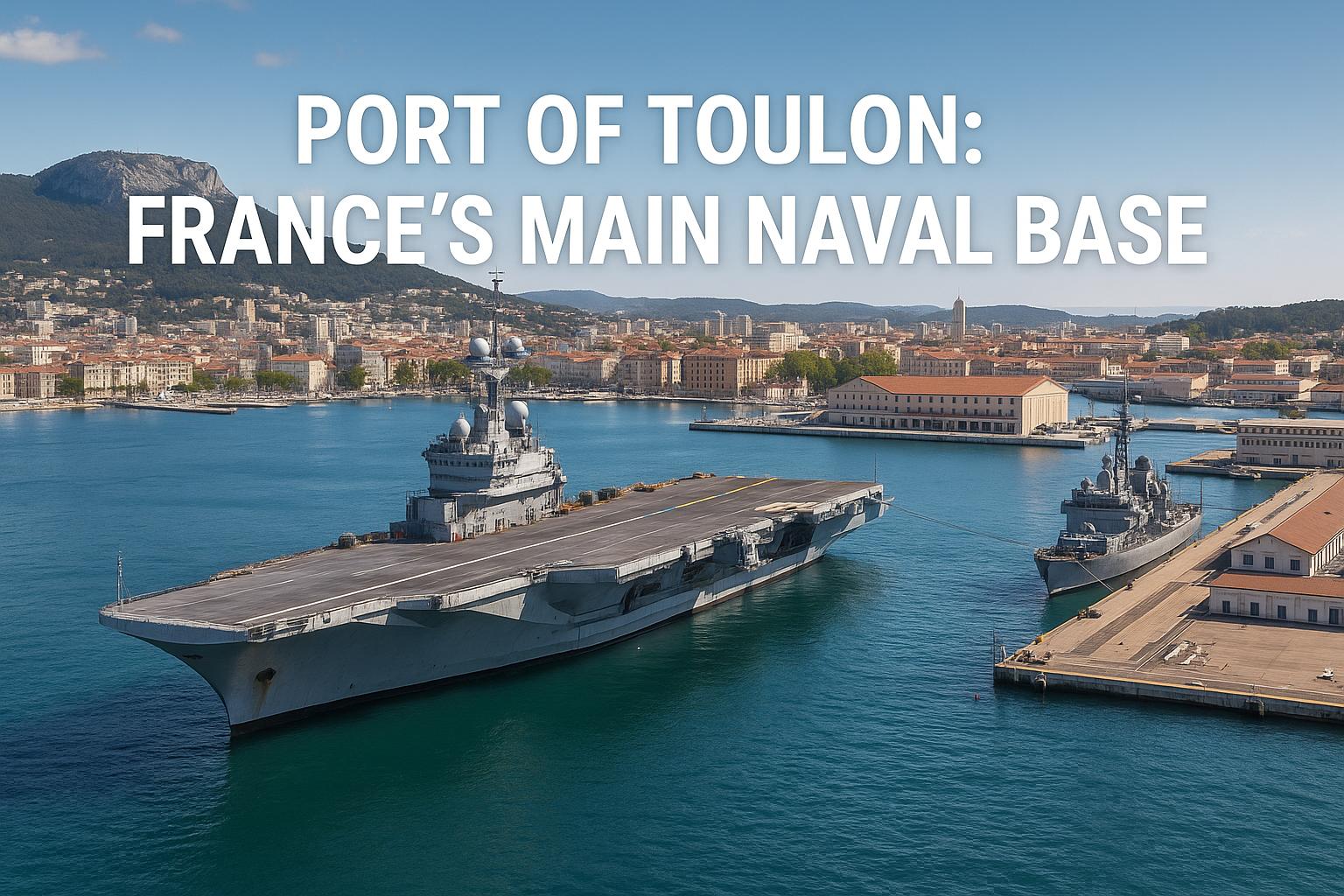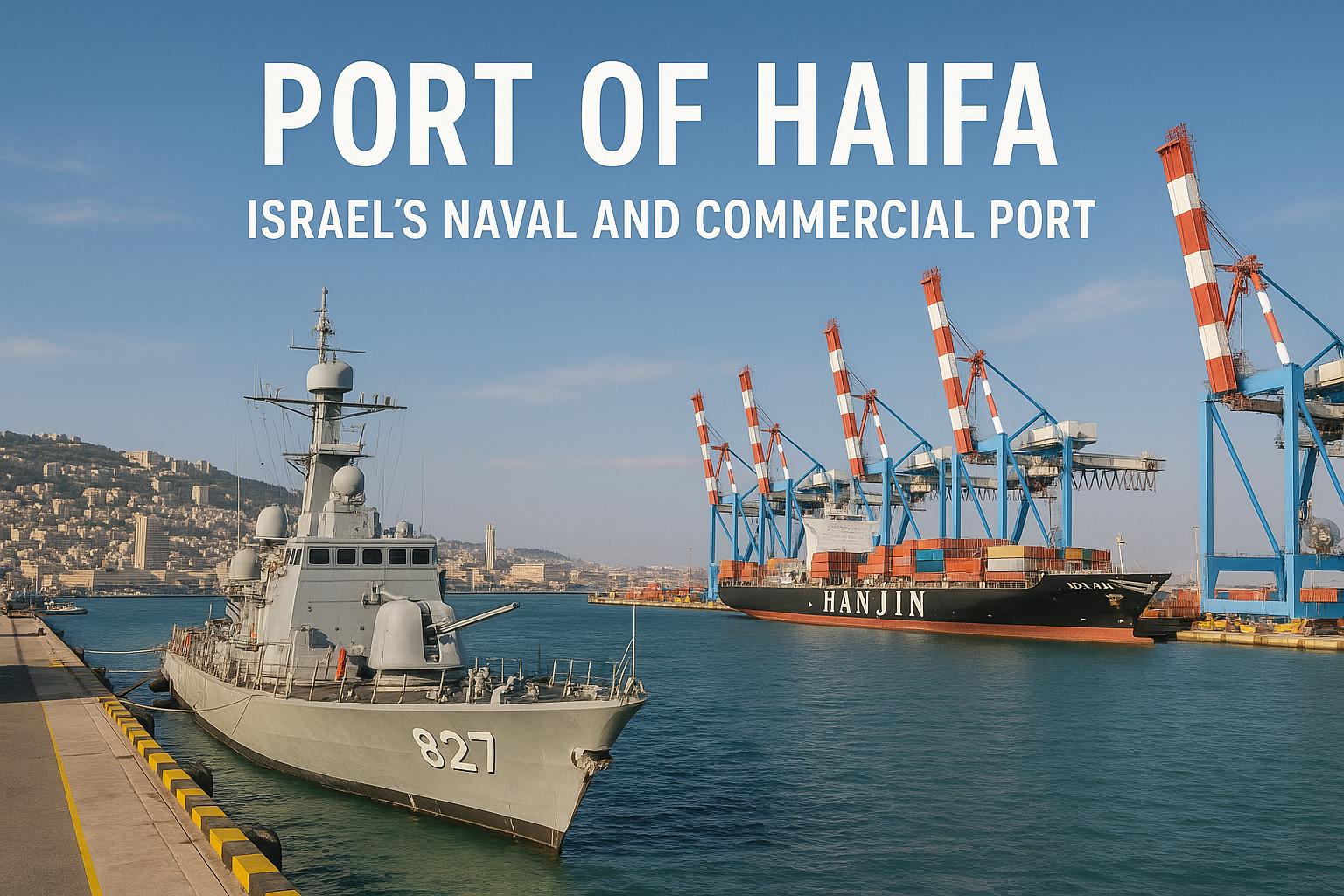Introduction
The Port of Karachi stands as Pakistan’s busiest harbor, serving as a linchpin in the economic and strategic landscape of the country. Nestled on the Arabian Sea coast, this port is a vital conduit for international trade. Besides its commercial significance, the port also plays an indispensable role in Pakistan’s naval operations, further underscoring its strategic importance.
Geographical Significance
Located at the southern tip of Pakistan, the Port of Karachi provides straightforward maritime access to the country’s economic heartland. Its close proximity to major international sea routes amplifies its effectiveness for global trade operations. Owing to its strategic placement, the port functions as a critical logistics hub for civilian as well as military applications.
Economic Impact
The Port of Karachi is integral to the country’s economic fabric, handling a significant amount of Pakistan’s import and export processes. This includes a diverse range of key commodities such as petroleum products, textiles, and mechanical goods, all aiding extensively in boosting the national GDP. Occupying a pivotal space within the shipping industry, the port catalyzes numerous employment opportunities, spanning from dock workers to various administrative roles.
Infrastructure and Facilities
The port is equipped with contemporary infrastructure, featuring deep water berths along with specialized cargo handling terminals. Ongoing upgrades and expansions are a testament to its adaptive capacity to manage ever-increasing trade volumes. Enhanced warehousing facilities paired with a pragmatic network of road and rail connections further propel efficient logistics and transportation mechanisms.
Security and Naval Access
Beyond its commercial functionalities, the Port of Karachi is equally significant from a military standpoint. It serves as a strategic anchor for the Pakistan Navy, ensuring maritime security and safeguarding essential trade routes. The naval installations at the port are equipped with cutting-edge technology, pivotal in monitoring and defending the nation’s maritime assets and interests.
Challenges and Developments
Despite its many advantages, the Port of Karachi is not without its challenges, notable among them being congestion and pollution. Addressing these issues is crucial, with efforts currently underway to tackle them through innovative green initiatives and the expansion of port facilities. Collaborative projects with international partners are also in progress, focusing on enhancing operational efficiency and promoting environmental sustainability.
Future Prospects
Given its critical role in national and regional dynamics, the Port of Karachi is poised for further modernization. Planned projects are centered on increasing capacity as well as embracing technological integration. These developments harbor potential to reinforce Pakistan’s standing within the global maritime community, while simultaneously augmenting the nation’s naval prowess.
In conclusion, the Port of Karachi is not merely a commercial entity but also a strategic linchpin that backs Pakistan’s economic vitality and naval capabilities. Serving as an indispensable asset, it continues to play a vital role in the multifaceted dynamics of national and regional affairs.
Historical Context
The historical evolution of the Port of Karachi is indeed fascinating. Established during the British colonial era in the mid-19th century, the port quickly gained prominence for its advantageous geographical positioning. Initially designed primarily to serve the needs of British India, it continued to hold strategic weight post-independence in 1947. Over the decades, the port has witnessed substantive transformation—both in terms of infrastructural enhancements and an expansion in capacity—to meet the rising demands of a growing nation.
Role in Trade and Commerce
The port’s impact on trade and commerce is multifaceted. Given its capabilities, it handles about 60% of the nation’s cargo, serving as a focal point for international trade. The seamless operations made possible due to its cutting-edge infrastructure allow for diverse materials and goods to be imported and exported efficiently. From raw materials essential for domestic industries to finished goods poised for international markets, the range of trade activities facilitated at the port is extensive.
Job Creation and Economic Zones
The employment landscape surrounding the Port of Karachi has been bolstered by its expansive commercial activities. Numerous job opportunities arise out of this vibrant ecosystem—not only within the realms of direct shipping and logistics but also encompassing auxiliary industries such as transport, warehousing, and sales. By fostering special economic zones and inviting foreign investments, the port actively contributes to regional development and economic growth.
Coordination with Private Sector
To sustain and further enhance its operational efficacy, the Port of Karachi partners with private sector entities. This collaboration involves adopting innovative maritime technologies and strategies focused on optimizing port services. Such partnerships are crucial in encouraging competitiveness within the maritime sector, driving newcomers to bring fresh perspectives and capabilities into play.
Environmental Concerns
Addressing environmental concerns remains a critical focus for the Port of Karachi. Initiatives aimed at reducing carbon footprints and minimizing marine pollution are underway. By adopting green technologies and promoting environmentally conscious practices, the port is taking strides towards sustainable operations that safeguard future generations while maintaining efficiency and productivity.
Modern Technological Integrations
The future of the Port of Karachi is inherently linked to technological adoption. Automation in cargo handling, enhanced data analytics for shipment tracking, and digitally-enabled security solutions are some examples of the modernization efforts in progress. These technological integrations are fundamental in propelling the port into a new era of operational excellence.
Strategic Military Collaborations
On a strategic front, the Port of Karachi facilitates military collaborations, reinforcing national defense frameworks. Regular naval exercises, joint operations, and coordinated security planning are part of the comprehensive strategy to safeguard Pakistan’s maritime sovereignty. Such activities highlight the port’s essential role beyond commerce, cementing its position as a bastion of national security and stability.
